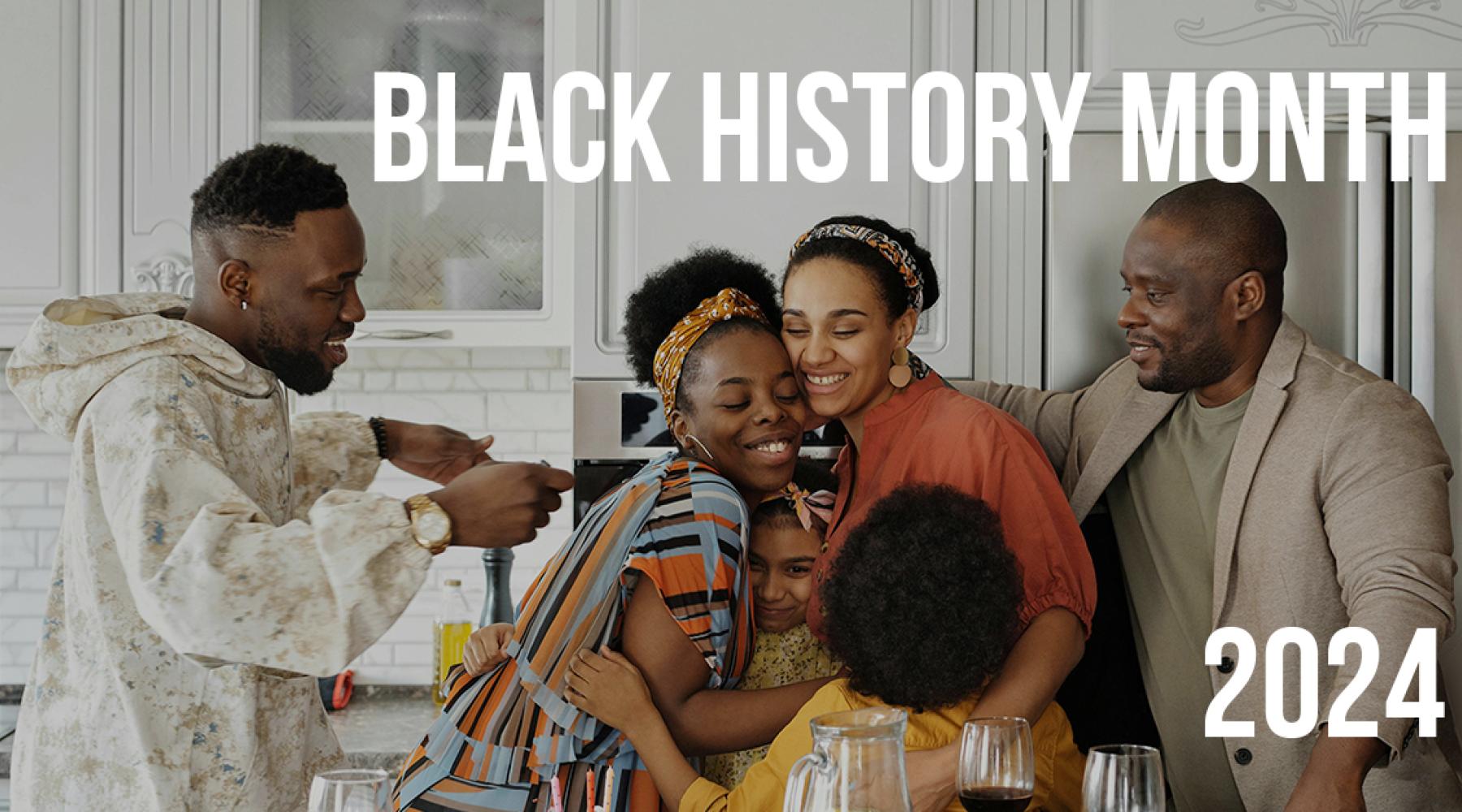Content/Trigger Warning: This post explores topics of systemic racism in philanthropy. For culturally safe and accessible resources for Black people, visit Black Mental Health Canada.
February 1, 2024 marks the start of Black History Month. For VCF, we are at the very beginning of our journey of understanding how to be better allies to Black communities and Black-led and -serving organizations. While we know that this work is a year-round effort, we are taking this opportunity to publicly reflect on the commitments we have made and the work we must still do to ensure Black peoples are a conscious part of our mission to “work with communities to create the economic, social, and environmental conditions to collectively thrive.”
As a community foundation that is rooted in the practices of settler philanthropy, VCF acknowledges that for far too long we have centered our work on the needs of donors (often white and wealthy as a result of colonialism) instead of empowering systemically excluded communities through autonomy and self-determination. This is an ongoing issue across all Canadian philanthropic organizations as pointed out through a first-of-its kind report, “Unfunded: Black Communities Overlooked by Canadian Philanthropy.” The Unfunded Report, originally prepared by The Network for the Advancement of Black Communities and Carleton University’s Philanthropy and Nonprofit Leadership program, led to the creation of the Foundation for Black Communities, Canada’s first-ever philanthropic foundation dedicated to investing in Black communities. Among its many findings, the Unfunded Report found that across all the community foundations it reviewed, only 0.7 percent of grants (less than one percent) went to Black-serving organizations and an even smaller 0.07 percent went to Black-led organizations.
This report represents a foundational learning document for VCF, one that helped compel us to sign the Halifax Declaration for the Eradication of Racial Discrimination. The Halifax Declaration is a manifesto adopted by Canadians of African descent in 2022 rooted in three interdependent areas of action: Recognition, Justice, and Development.
Last year, VCF began work on a new three-year strategic plan. This was an opportunity for us to reflect on how we could begin acting on what we have learned so far and how to begin our journey towards being an organization that is responsive to the needs and priorities of Black peoples, organizations, and communities.
2024 marks the start of this new plan we are calling “Thriving Communities”, and it is rooted in an approach that prioritizes Indigenous and Black-led and serving organizations, equity-deserving communities, and the Downtown Eastside. This means that Black-led and serving organizations are prioritized across all three of our focus areas: Restoring Affordability, Climate Justice + Resilience, and Community Connection.
For example, one of our goals is to ensure 25 percent of the new community-owned affordable homes we have helped enable through our programs are “developed by and/or for Indigenous, Black, and other equity-deserving groups.”
While we are at the starting point on this commitment, one of the ways we can help meet this goal is to strengthen and deepen our support of organizations like Hogan’s Alley Society who, among many things, is working to build affordable housing for Black people by Black people.
Another goal from our strategic plan is to ensure “trust-based practices, structures, and mutually accountable relationships are widely adopted across VCF, reducing barriers, and increasing access to funding and resources for Indigenous, Black, and equity-deserving communities.”
One way we can start this is by bringing forward projects, programs, and initiatives of Black-led and –serving organizations to donors and highlighting funding opportunities that prioritize Black (and/or Indigenous) communities such as KEATCA's ‘Black Students in Canada Fund’, the 'Ethos Black Futures Fund', and the 'Youth and Elders Fund Regenerative Fund'.
But this is just a beginning, and we know we have much more learning, listening, and growing to do. We also know that many organizations like ours are also in a similar position. That is why we want to recognize and thank the wisdom and work of groups like the Foundation for Black Communities, the National Black Canadians Summit and the Michaëlle Jean Foundation. We hope that if you are looking for a starting point, you will find the resources we have linked as foundational as we have.
VCF is looking forward to learning even more during this Black History Month and further refining how we aim to grow as an ally to Black peoples and live up to the commitments we have made. This is important work, and we pledge to continue to publicly share our progress in the coming months and years.
